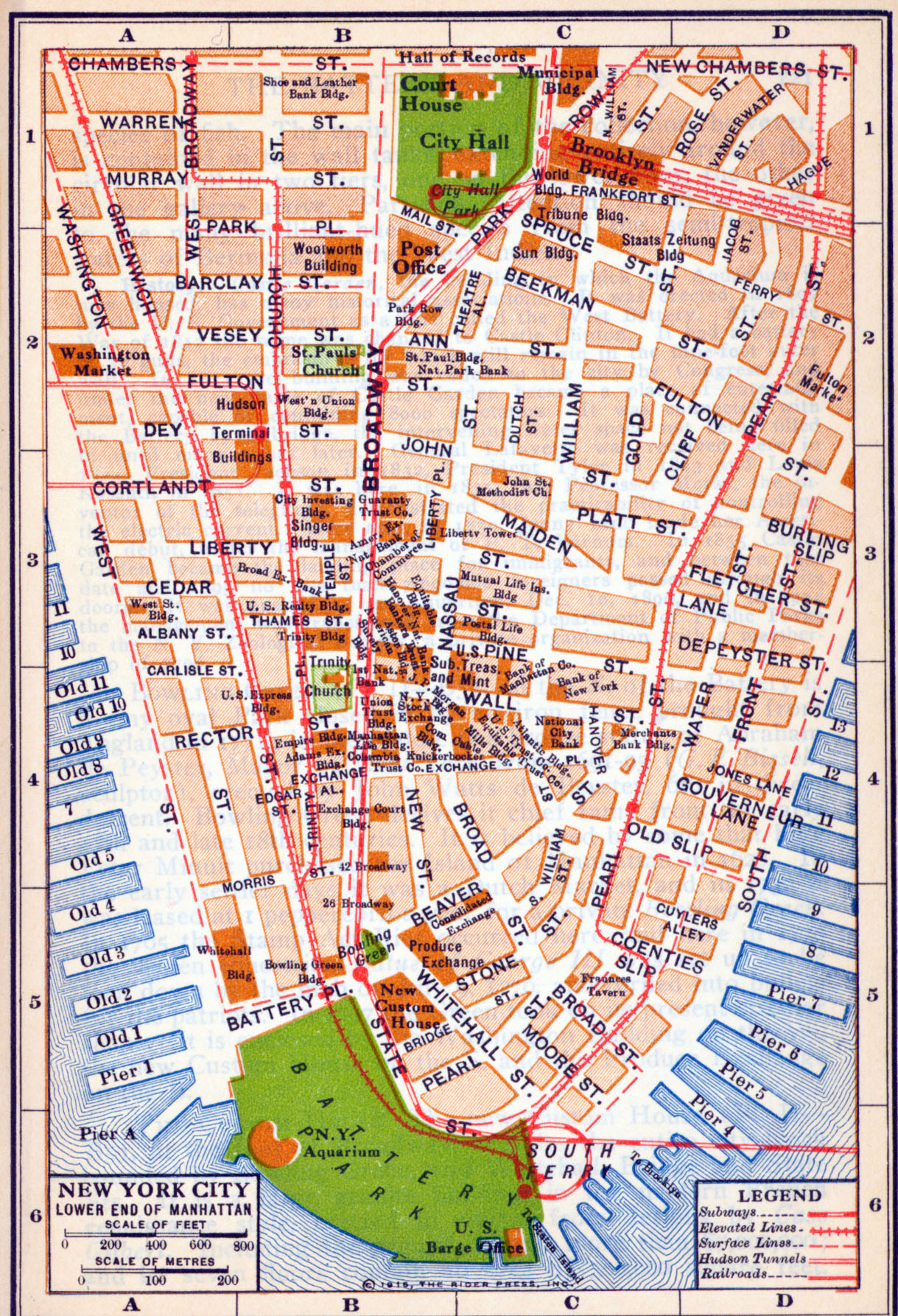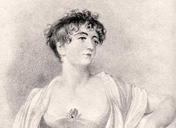Friday night I saw the Alvin Ailey American Dance Theater perform at the Kennedy Center: they have an annual engagement to perform in DC, and at each performance the repertoire was slightly different. I saw The Winter in Lisbon, The Road of Phoebe Snow and Revelations—the latter being their signature work, and one that was choreographed by Ailey himself. The company began with a performance in March 1958 and promotes African-American cultural experience and modern dance.
 As is often the case with the cheap seats, I was a long way away from the action—I could still see plenty, but it wasn’t as exhilarating as those experiences of being up close to the dancers, as I was last year when I somehow managed to get front row seats for the Australian Ballet's performance of Don Quixote with Ethan Stiefel. The first two performances were less compelling to me than Revelations: I think because I didn’t have the same emotional response. The music and the dancing was incredibly fun, but I didn’t feel as much was at stake as in Revelations, which took my breath away. Though they perform it nearly 300 times a year, it showed no signs of staleness, and the duet “Fix Me, Jesus” was the highlight for me. The only problem with this being that my emotional peak came so close to the start that the rest of the performance ebbed a little from those moments in “Fix Me, Jesus” where I felt myself leaning forward, utterly absorbed.
As is often the case with the cheap seats, I was a long way away from the action—I could still see plenty, but it wasn’t as exhilarating as those experiences of being up close to the dancers, as I was last year when I somehow managed to get front row seats for the Australian Ballet's performance of Don Quixote with Ethan Stiefel. The first two performances were less compelling to me than Revelations: I think because I didn’t have the same emotional response. The music and the dancing was incredibly fun, but I didn’t feel as much was at stake as in Revelations, which took my breath away. Though they perform it nearly 300 times a year, it showed no signs of staleness, and the duet “Fix Me, Jesus” was the highlight for me. The only problem with this being that my emotional peak came so close to the start that the rest of the performance ebbed a little from those moments in “Fix Me, Jesus” where I felt myself leaning forward, utterly absorbed.  Also on the weekend I visited the modern collection at the National Gallery of Art—a surprisingly small selection is on view—and, unexpectedly, fell in love with Miró’s “The Farm.” The detail of it, its oddity—somehow the whole thing was perfect. I need to think about it, study it more—I hope there’ll be a poem to come from it.
Also on the weekend I visited the modern collection at the National Gallery of Art—a surprisingly small selection is on view—and, unexpectedly, fell in love with Miró’s “The Farm.” The detail of it, its oddity—somehow the whole thing was perfect. I need to think about it, study it more—I hope there’ll be a poem to come from it. I also got to see Brancusi’s “Bird in Space” in marble finally—the collection had two, one brass, one marble—something about marble sculpture gets to me in a way that castings in bronze—or brass—do, though in another way brass seems the perfect material for “Bird in Space”—or rather, brass is a material that Brancusi made his own. Whenever I think of Brancusi I also think of a couple from a poem by the wonderful Elena Knox: “It’s not a Brancusi/ excuse me.” In fact, wandering around the gallery, so avidly looking, I thought I might try to do a little series of couplets on artists: an Ogden Nash take on painters and sculptors. Though at the moment that’s just another idea for the notebook—ah!—the notebook is growing fat with things to revisit.
I also got to see Brancusi’s “Bird in Space” in marble finally—the collection had two, one brass, one marble—something about marble sculpture gets to me in a way that castings in bronze—or brass—do, though in another way brass seems the perfect material for “Bird in Space”—or rather, brass is a material that Brancusi made his own. Whenever I think of Brancusi I also think of a couple from a poem by the wonderful Elena Knox: “It’s not a Brancusi/ excuse me.” In fact, wandering around the gallery, so avidly looking, I thought I might try to do a little series of couplets on artists: an Ogden Nash take on painters and sculptors. Though at the moment that’s just another idea for the notebook—ah!—the notebook is growing fat with things to revisit. Wandering back to the East Building, I saw another couple of exhibitions: one “Impressed by Light,” 19th century British photographs. There were some absolutely beautiful pieces here—especially some of the sepia-toned Scottish and Alpine landscapes. (Talk about the sublime…) I was also struck by a room of images from travel—especially those from the “east.” I love looking at photographs so much—and these photographs were so beautifully printed. I wonder if it’s something about the flatness, the smoothness of the medium? It reminds me of the quote from Frank Stella about his paintings—and their surfaces—which has fascinated me for so long—“I wanted to keep the paint as good as it was in the can.” At the same time, though, I find I can’t spend as much time with a photograph as I can with a painting, where I get up close and look at the brushwork. Perhaps its simply the way were all look at photographs.
Wandering back to the East Building, I saw another couple of exhibitions: one “Impressed by Light,” 19th century British photographs. There were some absolutely beautiful pieces here—especially some of the sepia-toned Scottish and Alpine landscapes. (Talk about the sublime…) I was also struck by a room of images from travel—especially those from the “east.” I love looking at photographs so much—and these photographs were so beautifully printed. I wonder if it’s something about the flatness, the smoothness of the medium? It reminds me of the quote from Frank Stella about his paintings—and their surfaces—which has fascinated me for so long—“I wanted to keep the paint as good as it was in the can.” At the same time, though, I find I can’t spend as much time with a photograph as I can with a painting, where I get up close and look at the brushwork. Perhaps its simply the way were all look at photographs. Speaking of smoothness of surfaces, I also saw an exhibition of Robert Rauschenberg’s prints. Rauschenberg has been a bit of a favourite of mine for years now—from the crazy combines to his early screen prints. This exhibition, while being a cross section of the work he has done in prints over his career (and, oddly, also a cardboard door that the National Gallery decided to bring out for the occasion) it gave me a chance to see what he’s been doing more recently. Some of my reactions were mixed: at their best, those prints are these amazing collisions. Some of works in the exhibition though seemed akin to collages of the early twentieth century that had been presented in print form. While I would not object to taking any of them home with me (Ha! I wish!) I did feel that there were repetitions, and sometimes I didn’t know what to do with them.
Speaking of smoothness of surfaces, I also saw an exhibition of Robert Rauschenberg’s prints. Rauschenberg has been a bit of a favourite of mine for years now—from the crazy combines to his early screen prints. This exhibition, while being a cross section of the work he has done in prints over his career (and, oddly, also a cardboard door that the National Gallery decided to bring out for the occasion) it gave me a chance to see what he’s been doing more recently. Some of my reactions were mixed: at their best, those prints are these amazing collisions. Some of works in the exhibition though seemed akin to collages of the early twentieth century that had been presented in print form. While I would not object to taking any of them home with me (Ha! I wish!) I did feel that there were repetitions, and sometimes I didn’t know what to do with them. A few years ago, while I was looking for a housemate, I met a girl studying printmaking at RMIT. She was surprised by my enthusiasm for the print process—and it’s true that I love prints. Etchings, lithographs, silkscreen, woodcuts. They all fascinate me. The smoothness and seeming simplicity attract me.
























